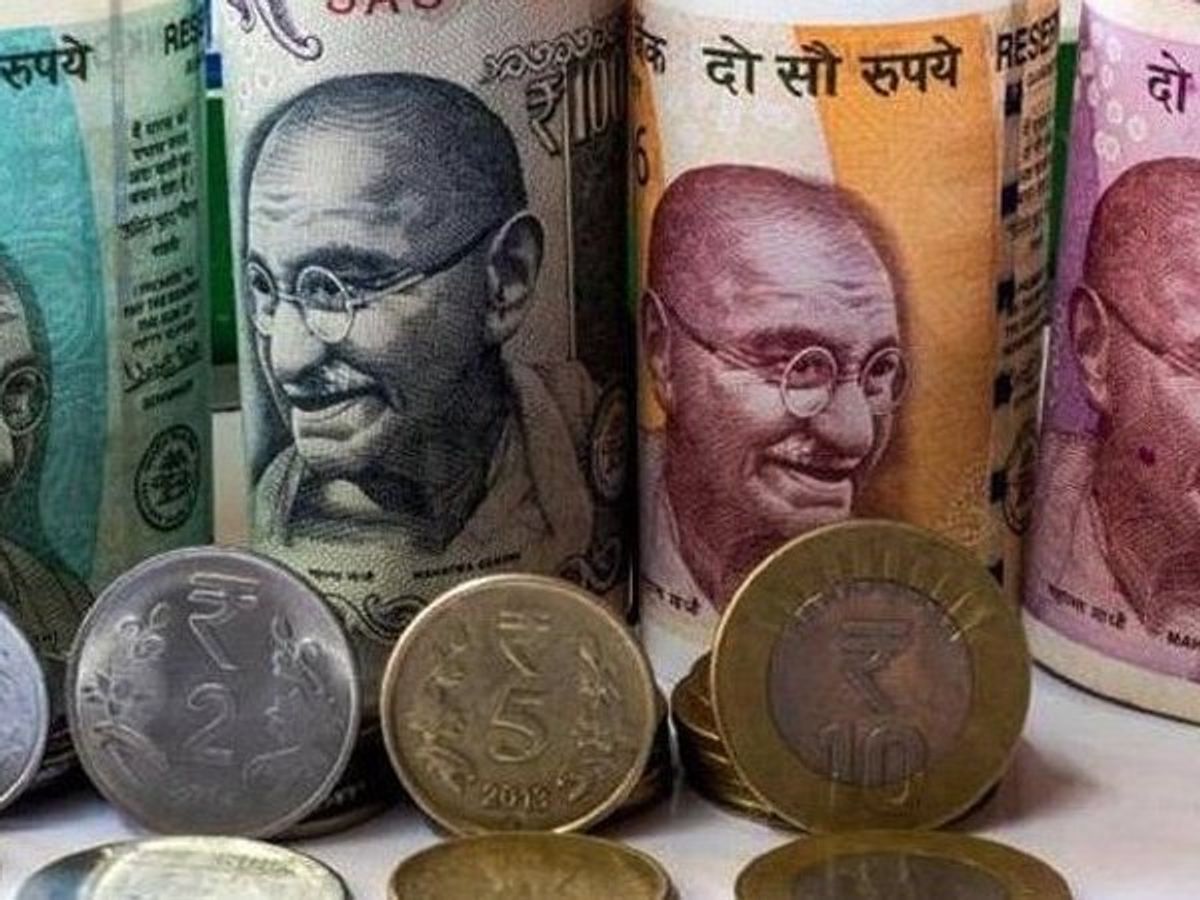Thanks to the return filing deadline being pushed several times last year, it has offered us ample time to think about our personal taxes and tax-saving investments this year. While most of us consider saving tax as one of our financial goals, it should actually be a part of our medium to long-term capital appreciation objective. What we are trying to say is, when you are planning to invest in tax-saving investments, you must consider the purpose of that investment.
The outcome of tax saving is identical
There are several types of investment available to an investor that can help them save tax. Right from Unit-Linked Insurance Plans (ULIP), to National Savings Certificate (NSC) to Equity-Linked Savings Scheme (ELSS) to Public Provident Fund (PPF) to bank fixed deposits etc. – the list goes on. These tax-saving investments offer a tax deduction of up to Rs 1.5 lac under Section 80C of the Income Tax Act, 1961. Note that Section 80C does not distinguish between any of these tax-saving investments and offers the tax deduction on all. So, does it not make sense to choose an investment option that also helps you create wealth or serve your financial goals?
You must look at investment options that not only help you save tax but also offer inflation-beating returns. If your goal is to get an insurance along with saving tax, then you are better off with ULIP schemes. However, if you wish to earn significant returns while saving tax, you might consider investing in ELSS tax saving mutual funds. These tax saving mutual funds offer the dual benefits of tax saving attributes and capital appreciation to investors. However, if you are a risk-averse investor who fears the volatility in the markets, you might want to invest in bank fixed deposits.
Plan your financial goals
You might consider looking at tax-saving activity as being goal-driven. Short-term goals do not have a huge impact on tax-saving as this money is likely to be used by you in the near future. Thus, it is medium-term and long-term financial goals where tax-saving investments can play an important role.
Before you decide to invest in any type of investment, be mindful of their lock-in periods. If you wish to invest in mutual funds, and end up investing in ELSS funds, you have to lock-in your investments for a minimum of three years. ELSS funds have the lowest lock-in period against other Section 80C investments. If you invest in National Pension Scheme (NPS), your money is locked until retirement. PPF schemes have a lock-in duration of fifteen years. ULIPs, Senior Citizens Savings Scheme (SCSS), Bank fixed deposits, and NSC has a lock-in tenure of five years.
While it is important to save tax, do not invest in tax-saving investments with the sole purpose of saving tax. Look at ways to grow your capital. Happy investing!
